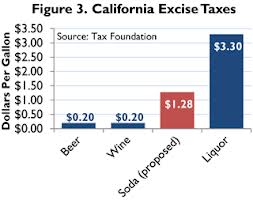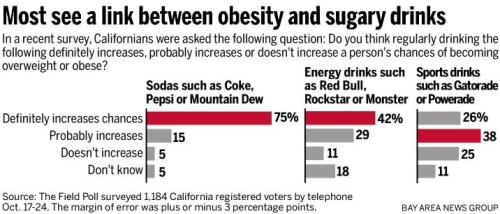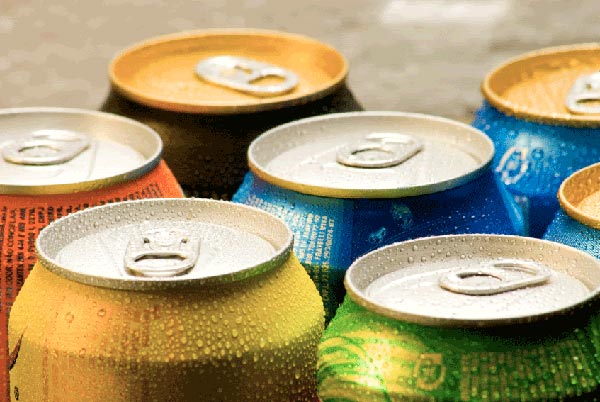You Are What You Eat When Personal Choices Become Public Issue - The Case of Sugar
Main Article Content
Abstract
The aphorism “you are what you eat” or put more aptly “man is what he eats” succinctly encapsulates the theme for this week’s editorial.[1] Many New Yorkers will remember when former mayor, Michael Bloomberg, found himself entangled in a swath of debate on the proposal to ban large size sodas, with an anticipatory good intent of reducing the menace of obesity and type 2 diabetes. In California, there has been a call for a “sugar tax” as a way of curbing the excessive consumption of sugar. As the debate continues to gather a new wave of momentum, it is expedient that we ponder over why the issue of excessive consumption of sugar be considered a serious health issue. This editorial reflects on these challenges through the nexus of ethics, among others.

Undoubtedly, added sugar continues to be an important source of calorie and a major component in our diets. Sugar is found in many processed foods, medications, and drinks, either as a major component or as additives[2]. But over the years, scientists, especially from the medical community, have been sounding the alarm on the devastating ramifications of excessive sugar in our diets as one of the leading causes of type 2 diabetes and cardiovascular mortality. Policy makers have also joined the chorus of groups to express tacit concerns about the effect of added sugar on the quality of life of individuals and the public. As it turned out, the consumption of sugar has become not just problems of the individuals per se, but has metamorphosed into a significant and seemingly epidemiological public health issue with ethical undercurrents worth debating.
The average can of soda is estimated to contain between 7 to12 – teaspoon of sugar.[3] While a healthy recommended beverage consumption is pegged at 64 calories per day, an average 12 ounce can of soda has 140 calories! Five out of every ten people consume some sugary drink per day.[4] Poor people are more than half as likely to derive their calories from sugary drinks or soda/juices. The high consumption rate is attributed to the fact that sugary drinks are cheap, accessible, and affordable. It is a cheap source of calories for many people. More so, “sugar” is sweet and naturally addictive to the palate. Who does not like the taste of sugar? In a recent commentary on the menace of sugar consumption, a prominent scientist notes:
“In sum, the study…contributes a range of new findings to the growing body of research on sugar as an independent risk factor in chronic disease. It underscores the likelihood that, at levels of consumption common …, added sugar is a significant risk factor for CVD [cardiovascular diseases], mortality above and beyond its role as empty calories leading to weight gain and obesity,” [5]
This conclusion raises many ethical quandaries as well. When should individual autonomous rights to choose what to eat be regulated? In other words, should there be legislations limiting the size and the amount of calories in sodas, as suggested in New York, California, and other states? There is no doubt that everyone individual has an intrinsic responsibility to choose what, when, and how to eat and drink, devoid of any external regulation and ethical norms. But as the evidence continues to aggregate on the ramifications of excessive consumption of added sugar in our diets, the issue is now a public health problem. This is because scarce public resources are now being spent in ameliorating the problem. While individuals have the right to choose, it seems it may be a moral and a categorical obligation for stake holders on public health issues to chart a new frontier through appropriate legislations to solve the problem by reducing the size of sugary drinks, increasing costs of sugary drinks, and implementing active education of the public about the inherent dangers of added sugar in our diets and in most processed foods. Some suggest that processed foods with excessive sugar calories should be properly labelled with some warning analogous to black box warnings on pharmaceuticals and tobacco products. The claim is that such information will help individuals to make informed decisions prior to eating any added sugary foods.

Some opponents assert that any intent to regulate, increase the costs, limit the size of added sugary drinks and processed foods interferes with individual liberties and the autonomy to make choices. Furthermore, it is argued that such interferences may be synonymous to prohibitions that may not resolve the menace of excessive sugar consumption. In addition, in a free enterprise economy, is it ethical to suggest to entrepreneurs and manufacturers as to what to do and the parameters with which to make their products? Obviously these are seemingly cogent and justified points or counter arguments. But when there are competing rights between the individual and the public, sometimes individual liberties and choices may be construed to subsume in the larger public good. After all, as the Court noted in Jacobson v Massachusetts:
The liberty secured by the Constitution . . . does not import an absolute right in each person to be . . . wholly freed from restraint. . . . On any other basis organized society could not exist with safety to its members. . . . he Massachusetts Constitution] laid down as a fundamental . . . social compact that the whole people covenants with each citizen, and each citizen with the whole people, that all shall be governed by certain laws for the ‘common good,’ and that government is instituted ‘for the protection, safety, prosperity and happiness of the people, and not for the profit, honor or private interests of any one man.
As indicated in the introductory paragraph, there seem to be a truism in the assertion that we are what we eat. It is equally true that added sugar in our modern diet is flagrantly posing serious health issues with epidemiological proportions. Added sugars as catalysts to type two diabetes and cardiovascular diseases/mortality are egregiously high. In view of the above evidence, it is the contention of this editorial that the time has come to re-debate the menace of the presence and the copious consumption of added sugar. It is diametrically a public health issue with ethical underpinnings worth legislating. Any form of intervention to ameliorate the menace is in the interest of everyone. But charity begins at home. Yes, sugar is sweet and satiates, but it also masquerades and causes many diseases as well. Let the readers be the catalysts for this debate!

